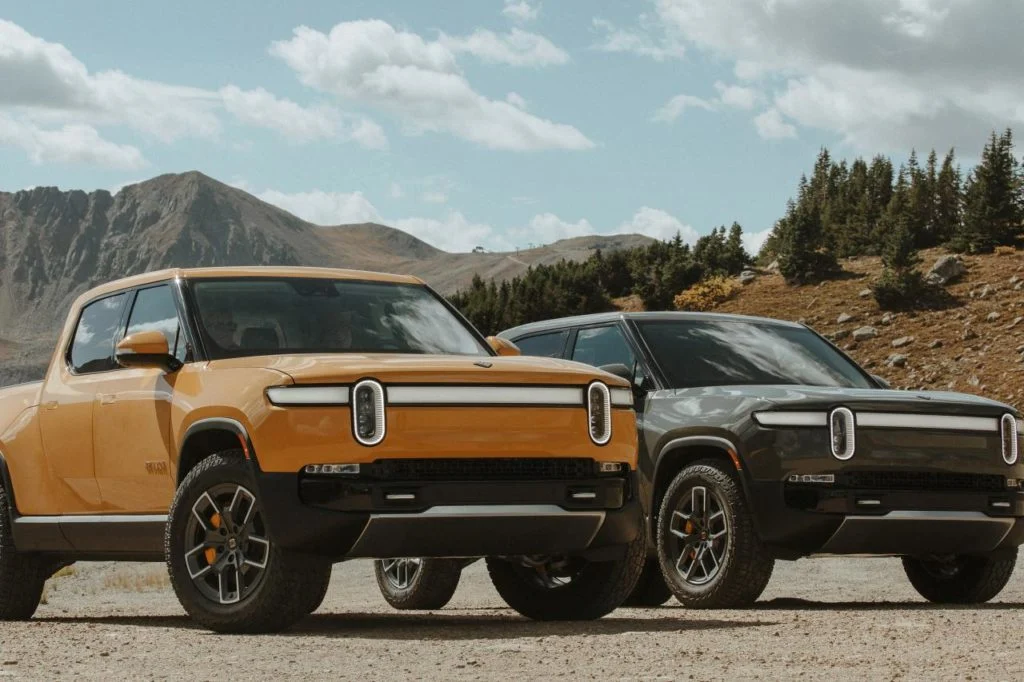Rivian reaffirms production target amid solid demand
Chip shortage, wiring harnesses, etc. as well as price increases for raw materials for batteries are currently causing problems for electric vehicle manufacturers worldwide.
Nevertheless, the company sees itself in a position to achieve the production targets announced for 2022. Despite the circumstances on the market and the resulting price increases for its vehicles.
Rivian generated a turnover of 95 million US dollars in the first quarter of 2022 and recorded a loss of 502 million US dollars in the same period. During this period, Rivian had been able to produce 2,553 electric vehicles as well as deliver 1,227 e-cars. With an increase in production lot sizes, the losses are expected to decrease, as the company is counting on corresponding mass effects in production. In addition, negative special effects came into play in the first quarter, he said:
"In addition, we recorded an adjustment for lower cost or net realisable value ("LCNRV") to reflect the amount we expect to receive when we sell the vehicle (after taking into account future costs required to prepare the inventory for sale) and losses on firm purchase commitments. These charges negatively impacted gross profit by $188 million in the first quarter of 2022," Rivian said in its first-quarter 2022 shareholder letter.
Accordingly, the chip crisis is only the beginning, as RJ Scaringe, CEO of Rivian, points out in an interview with the Wall Street Journal. "The semiconductor crisis is just the foretaste of what we can expect in battery cells over the next two decades." According to the consulting firm AlixPartners, the chip crisis has already cost carmakers more than $210 billion, and price increases in raw materials have made new batteries hugely more expensive. Those manufacturers who also build electric cars will additionally experience supply bottlenecks for batteries, mainly because of the critical raw materials.
The start-up itself pointed out in its quarterly results announcement that due to challenges in the supply chain, logistics costs have increased. The company expects supply chain constraints to be a limiting factor for its production. However, Rivian reiterates its annual production target for 2022 of 25,000 vehicles. It would even be able to produce twice that number if the supply bottlenecks were resolved. The planned total annual capacity of the production facilities is ~600,000 vehicles.
Rivian also reported more than 90,000 R1 pre-orders in early May. Rivian also noted that despite the price increase, 10,000 R1 pre-orders have been received in the US and Canada. The average price for an R1 vehicle is over $93,000. Rivian has updated its reservation system due to supply shortages and the rising prices of raw materials and other production costs. The new pre-order process separates the reservation and configuration steps. New customers can reserve their vehicle but only browse configuration options. Pre-orderers can save specific configurations as their vehicle's production date approaches.
"This change ensures that customers can choose from the latest features, packages and pricing when configuring a vehicle. With this new reservation system, we can better manage a large backlog of demand with inflation uncertainties, planned content changes and enhancements to ensure that the latest product offerings are available to customers," Rivian said in its quarterly report.
